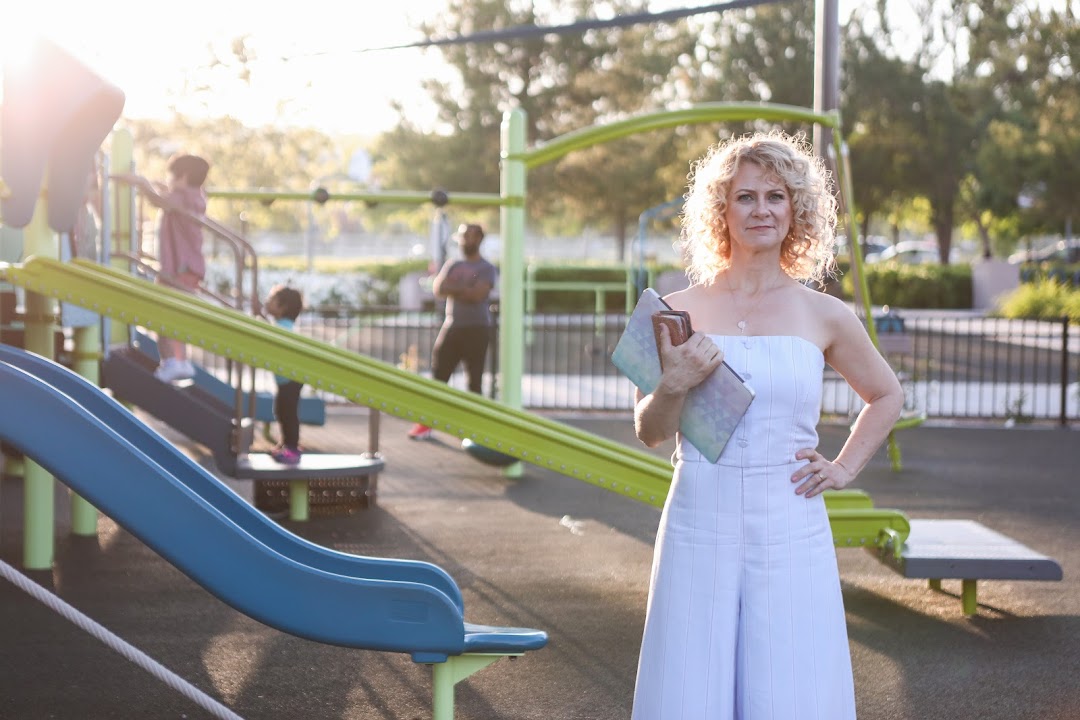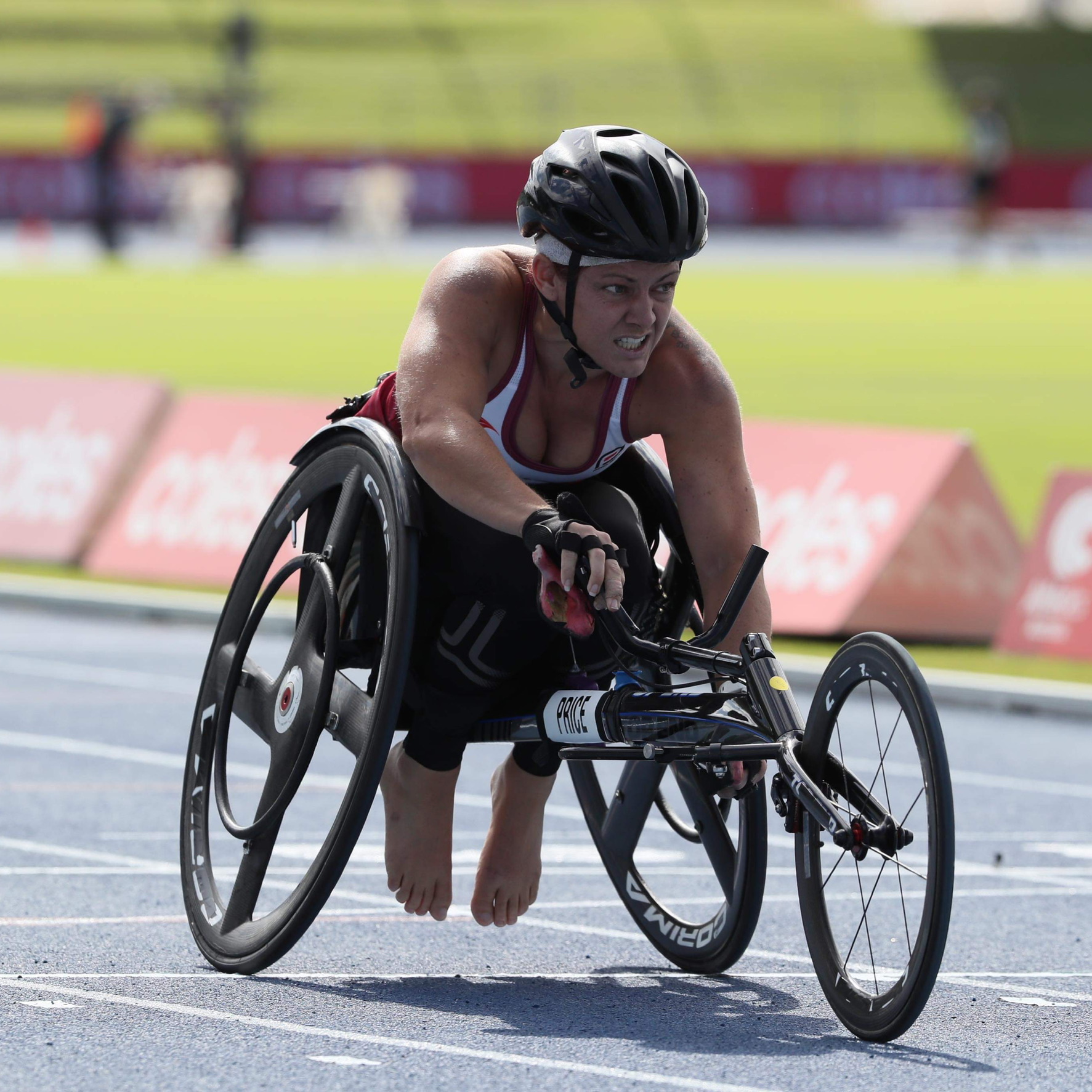The power of Sickle Cell Disease advocacy
Kevin Wake’s mother taught him to become a Sickle Cell Disease expert from a young age. Today, the seasoned patient advocate shares his story with This Is MedTech to mark World Sickle Cell Day.
“I was diagnosed when I was nine months old. My older brother David had just passed away unexpectedly at the age of two-and-a-half, and his autopsy revealed that he had Sickle Cell Disease,” the President of the Uriel Owens Sickle Cell Disease Association of the Midwest in Kansas tells us. This led Kevin’s parents to get him tested; later, his younger brother John would also be tested and diagnosed with Sickle Cell Disease (SCD) at birth.
SCD is an inherited blood disorder that affects a person’s red blood cells. Rather than the usual round donut-shape, sickle cells are crescent-shaped, which makes them unable to transport oxygen efficiently to the body’s tissues and organs. They get stuck in the blood vessels, causing blockages, and also have a shorter lifespan, leading to anaemia. All this can cause severe pain as well as fatigue, a higher risk of infections, stroke, organ damage and other serious health issues.
Kevin has been supported by medical technologies throughout his life, starting from his diagnosis by means of a simple blood test. “Medical technologies have greatly improved and supported my SCD care over the years,” he explains. “Monthly blood work and electrophoresis give me a snapshot of my haemoglobin level and the percentage of sickle cells in my blood, which dictates how often I need exchange transfusions and how many units of blood are needed.”
Being a two-time stroke survivor, Kevin has also undergone brain scans so his doctors can assess the damage and predict future stroke risks. Then there are the Magnetic Resonance Imaging (MRI) scans and blood tests, which doctors use to check for iron overload in Kevin’s liver from multiple blood transfusions and to confirm when iron reduction therapies are working. During the pandemic, telehealth technology also played a key role in his care.
Kevin credits his mother, a nurse, for the self-advocacy skills that he developed early in life. “My mom taught us from a young age to be vocal about our disease and educate kids and teachers at school. She really helped us become advocates for ourselves by understanding lab values, why particular tests were done, and we had to be vocal with the doctors during our appointments,” he says. “Mom helped us become disease experts and taught us some of the key medical terminology that we would use in our appointments with our doctors.”
This has served Kevin well in his role as an advocate for SCD patients, where he helps people develop skills so they can have better conversations with health care providers and educate others, like teachers and employers. He also teaches them about self-care, including learning coping mechanisms, eating healthily, accepting mental health support and developing a network of other SCD warriors and allies to help navigate difficult times.
Speaking of the latter, Kevin vividly recalls the day as a teenager when his doctor said it wasn’t likely that he or John would live past their mid-20s. “I am now 53, which I count as a blessing every day.”






